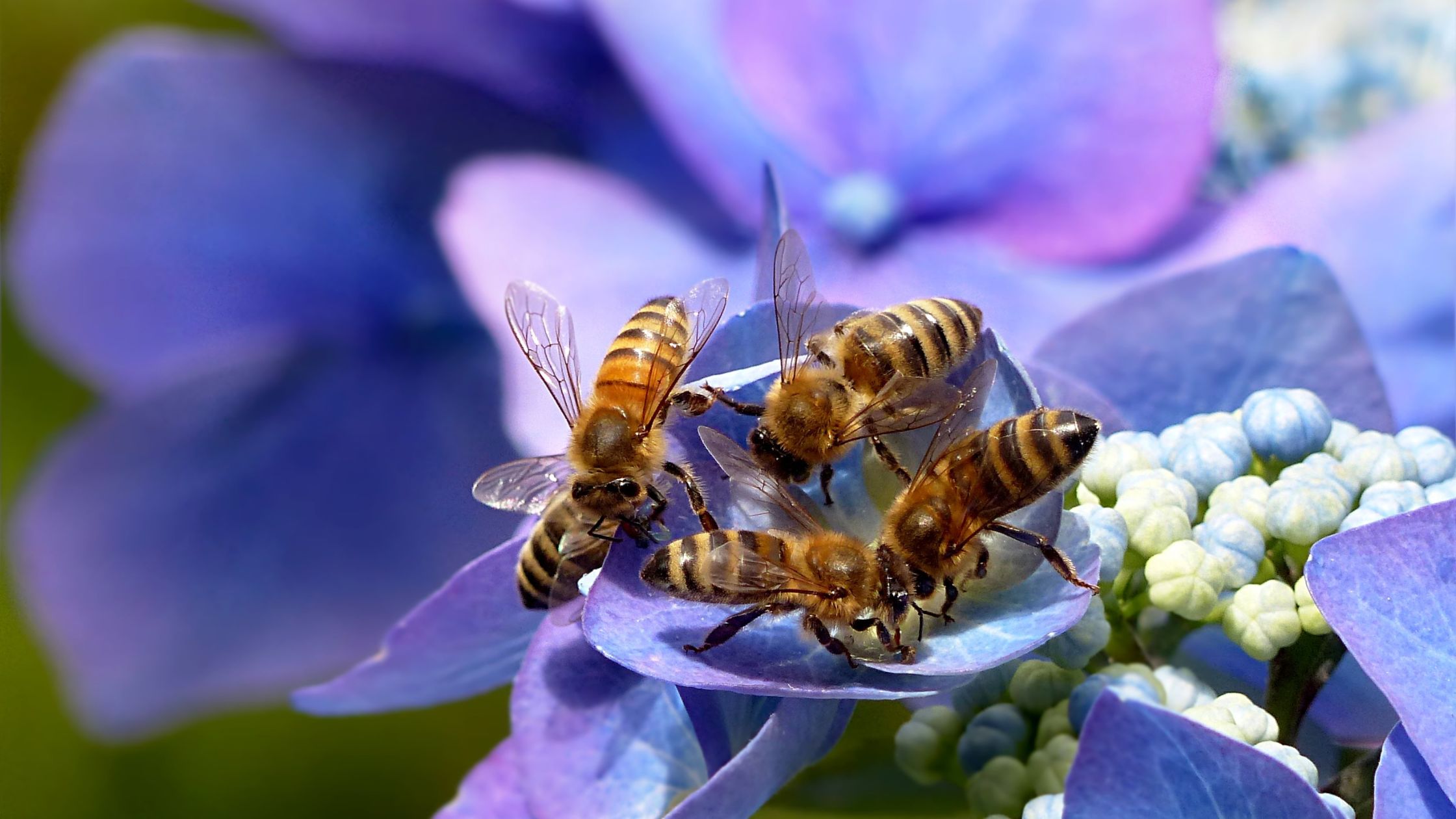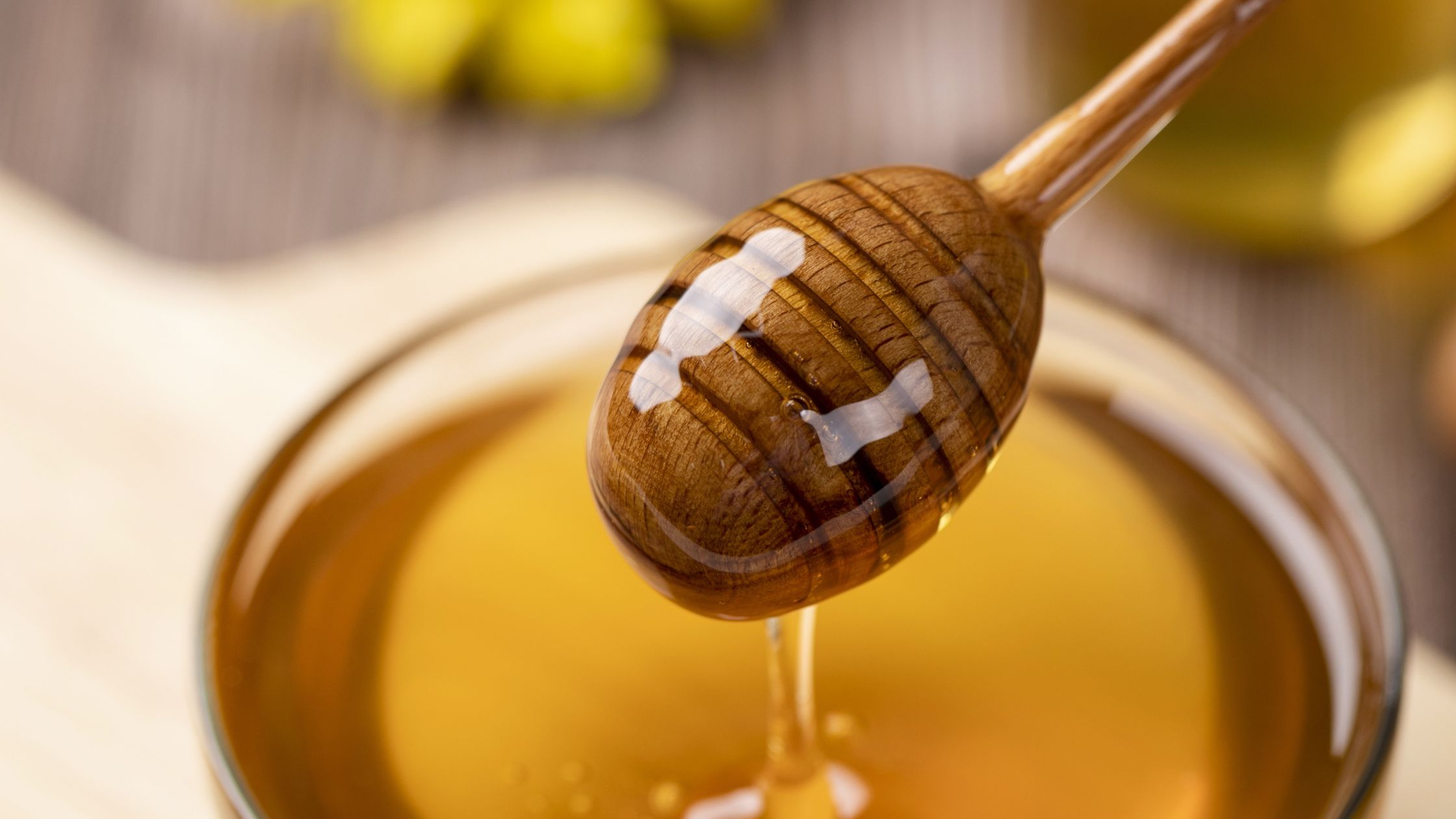Honey is a remarkable creation, a tribute to the tireless honeybees and their invaluable contributions to our world. In this blog post, we'll explore the health benefits of honey, share exciting news about bee-tracking technology, and offer tips on how you can support bee conservation right in your own backyard.
Health Benefits of Honey
- Immune Booster: Honey is known for its antimicrobial and antibacterial qualities, which can help protect against infections. It also provides anti-inflammatory and antioxidant benefits that promote overall health.
- Energy Boost: With its unique combination of fructose and glucose, honey delivers both quick and sustained energy. However, moderation is key to avoiding blood sugar spikes.
- Digestion: Studies have shown that honey supports a healthy digestive system by promoting gut function, regulating gut microbial communities, acting as a prebiotic, and reducing gut infections and inflammation.
- Wound Healing: Honey's antimicrobial properties make it an effective antiseptic for minor cuts, burns, and wounds, provided it is 100% pure, raw, and unfiltered.
- Cough Relief: Honey is a soothing remedy for sore throats and coughs, potentially as effective as over-the-counter cough medications for adults (not recommended for children under 1 due to the risk of infant botulism).
Enjoying Honey
There are numerous delightful ways to incorporate honey into your diet. Whether you use it as a sugar substitute in baking, add it to your tea, or drizzle it over yogurt or ice cream, choosing raw and unfiltered honey ensures you reap all its health benefits.
Bee Conservation
Let's not forget the bees' crucial role in honey production and pollination. Here are some ways you can contribute to bee conservation:
- Plant Native Flowers: Cultivate native plants in your garden, as they provide essential forage for local pollinators and thrive in your area.
- Reduce Your Lawn: Replace parts of your traditional grass lawn with a flower bed, as grass lawns offer no food for pollinators.
- Avoid Pesticides: Refrain from using broad-spectrum insecticides, as they can harm both bees and your health.
- Provide Water: Place rocks in your bird bath to offer bees a safe landing spot, preventing them from drowning.
- Nesting Sites: Create nesting houses or leave patches of bare soil in your garden to support ground-nesting bees.
Bee Free Honey?
Beeio Honey Technologies is working on producing honey without bees, a concept that sparks debate about what constitutes true honey. While innovative, many argue that preserving bee populations should be the primary focus.
Honey is a marvel worth celebrating year-round, and by adopting bee-friendly practices and staying informed about the latest developments in bee conservation, we can ensure a sweeter future for everyone, bees included.
Closing
In summary, honey is a gift from bees, offering various health benefits. To enjoy these advantages, incorporate raw and unfiltered honey into your diet. Additionally, bee conservation is crucial, and you can contribute by planting native flowers, reducing your lawn, avoiding pesticides, providing water sources, and creating nesting sites for bees. While innovative bee-free honey technology exists, preserving bee populations should remain a top priority. Let's celebrate honey and work towards a sweeter future for all, including our essential pollinators.


